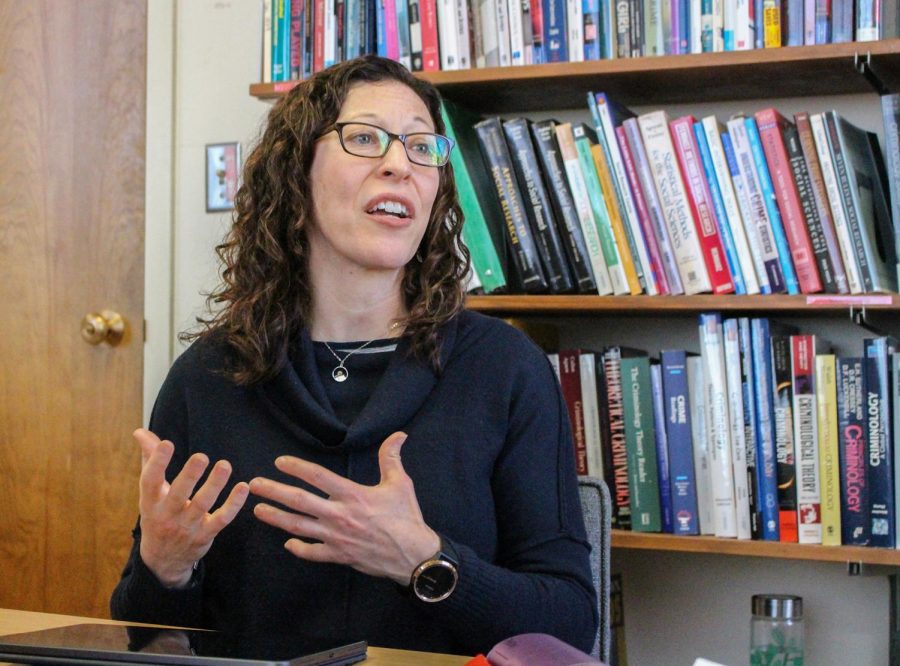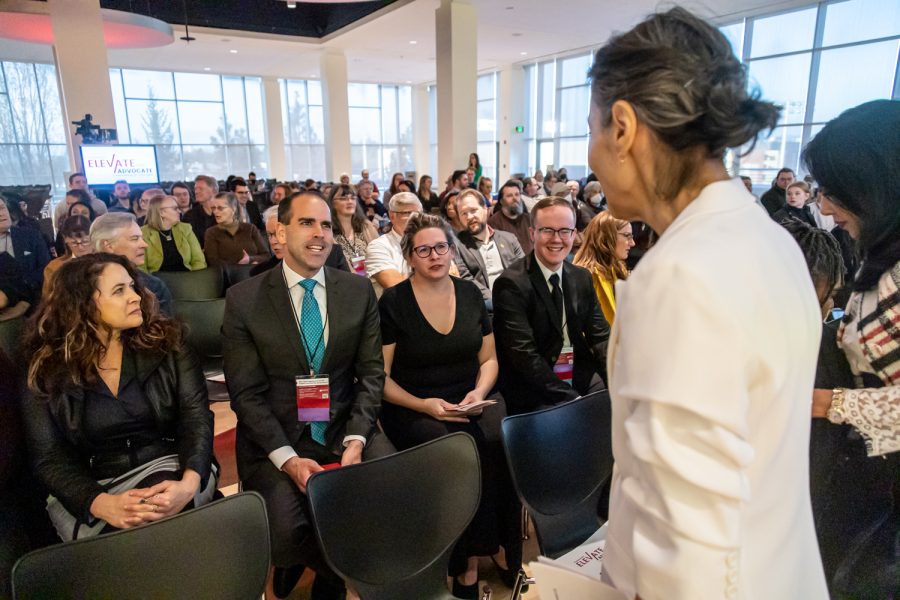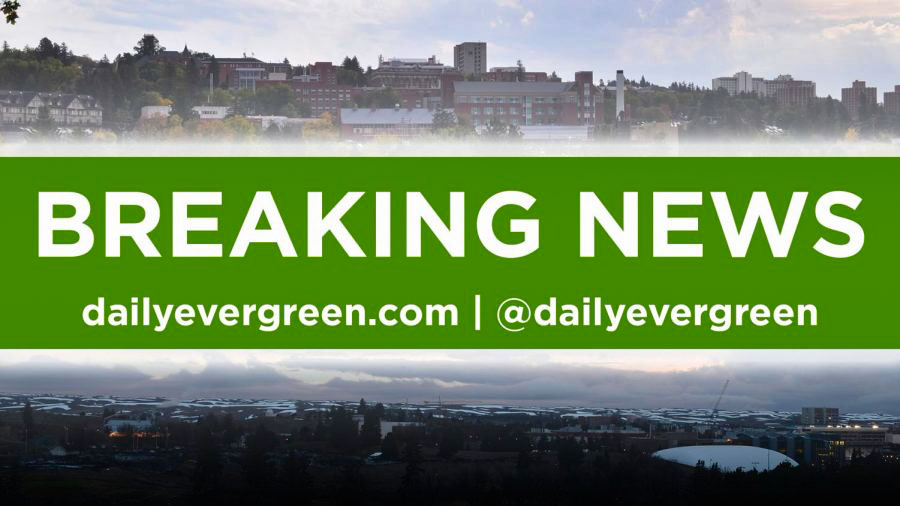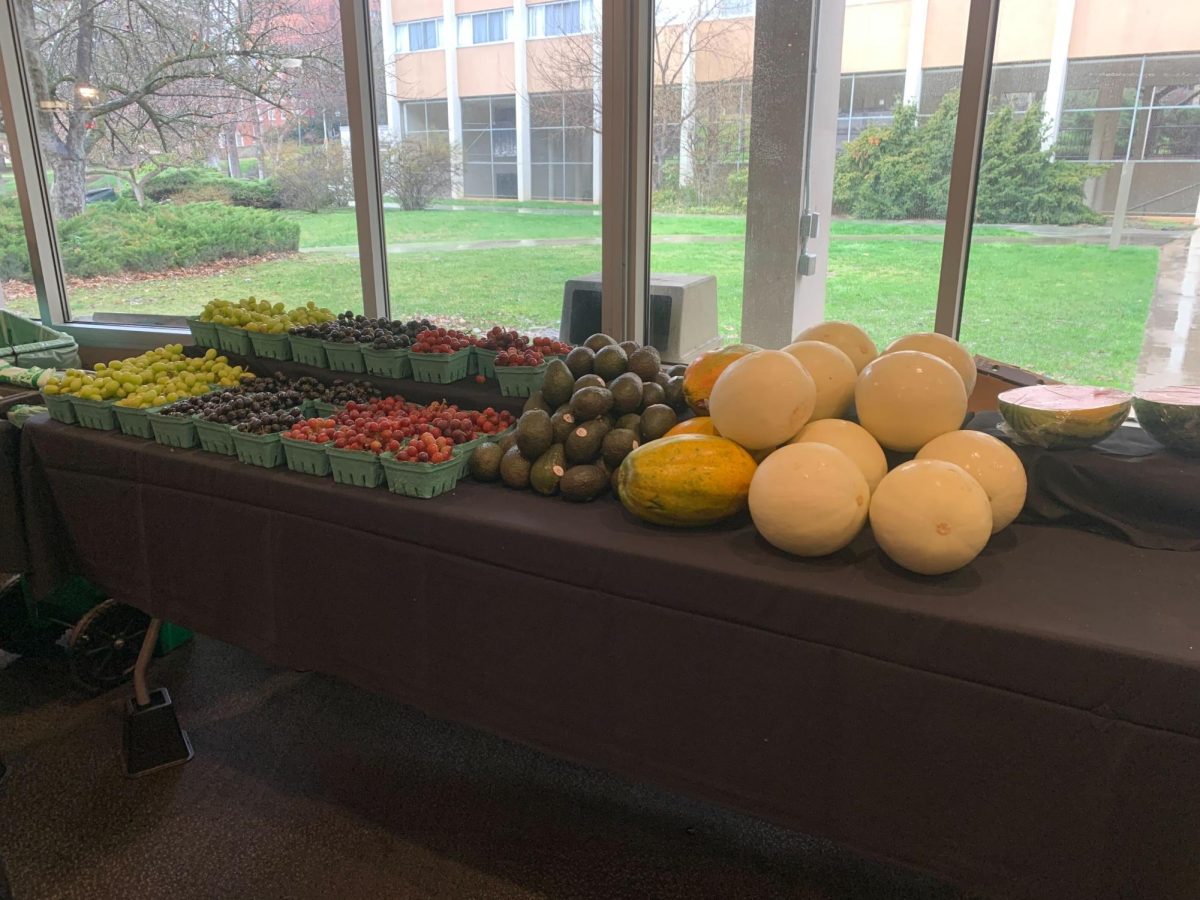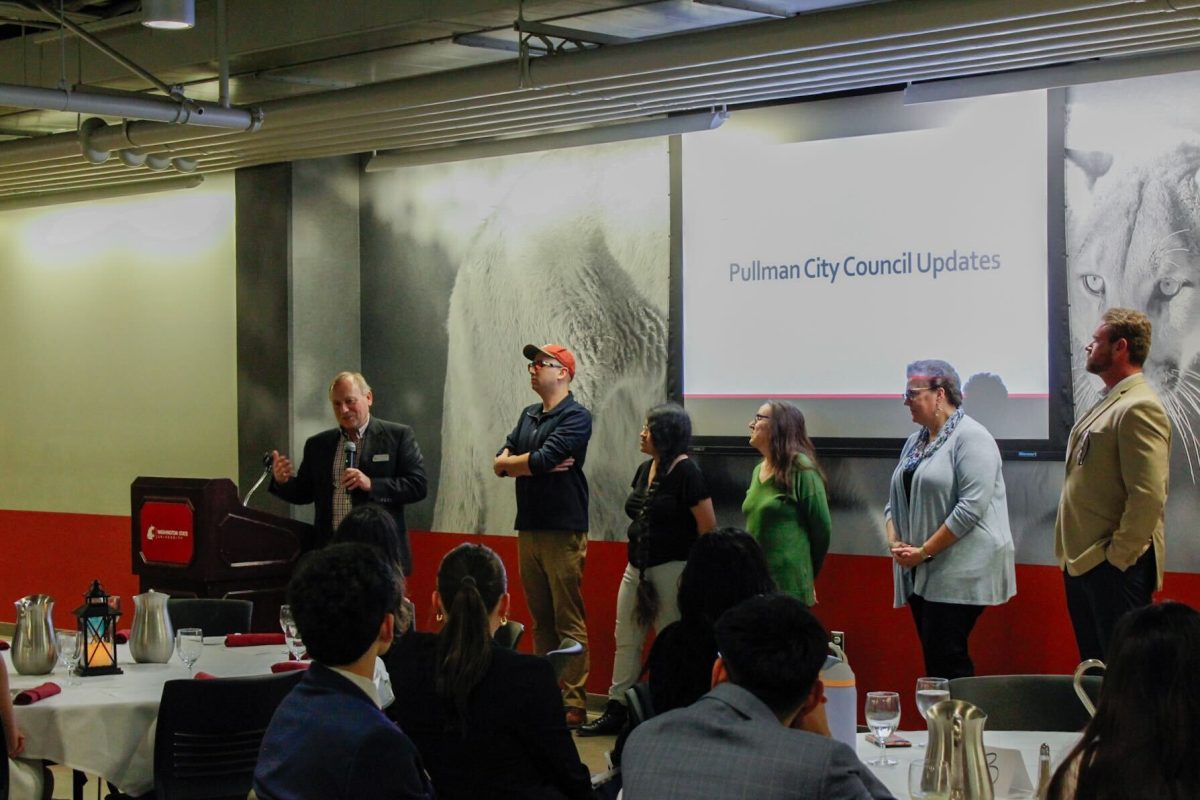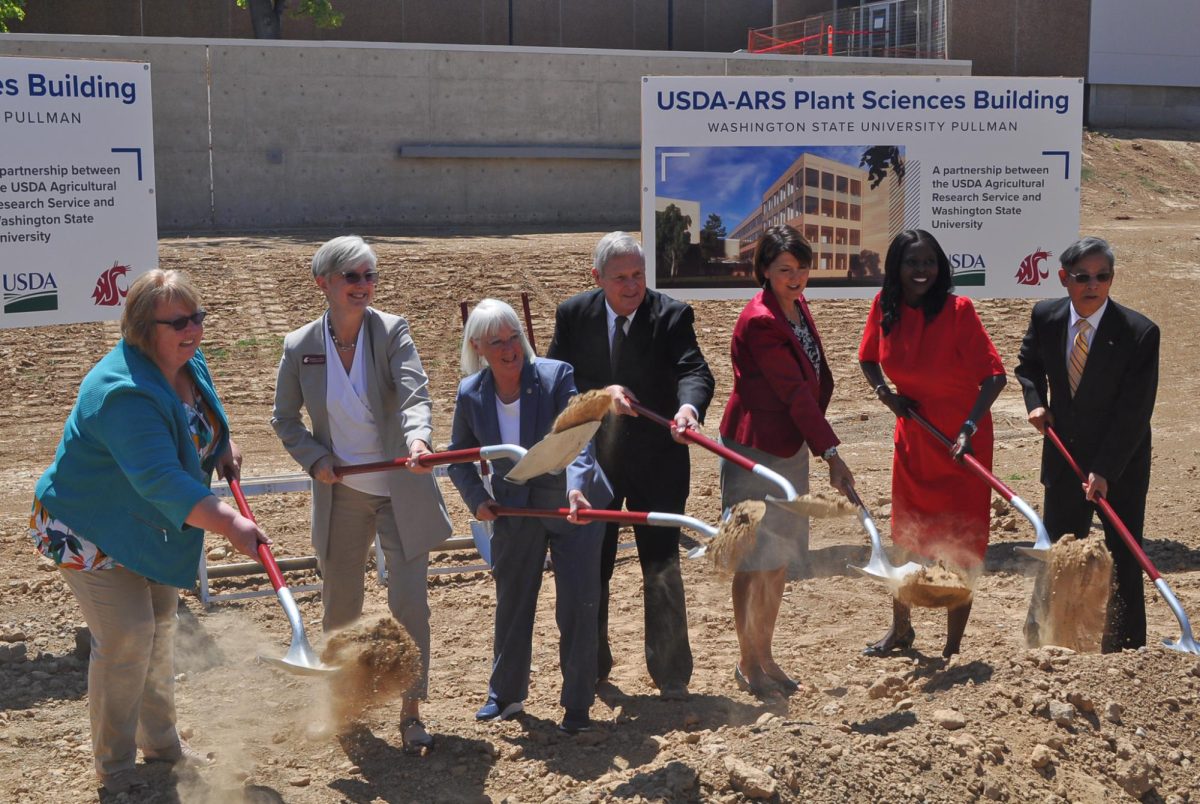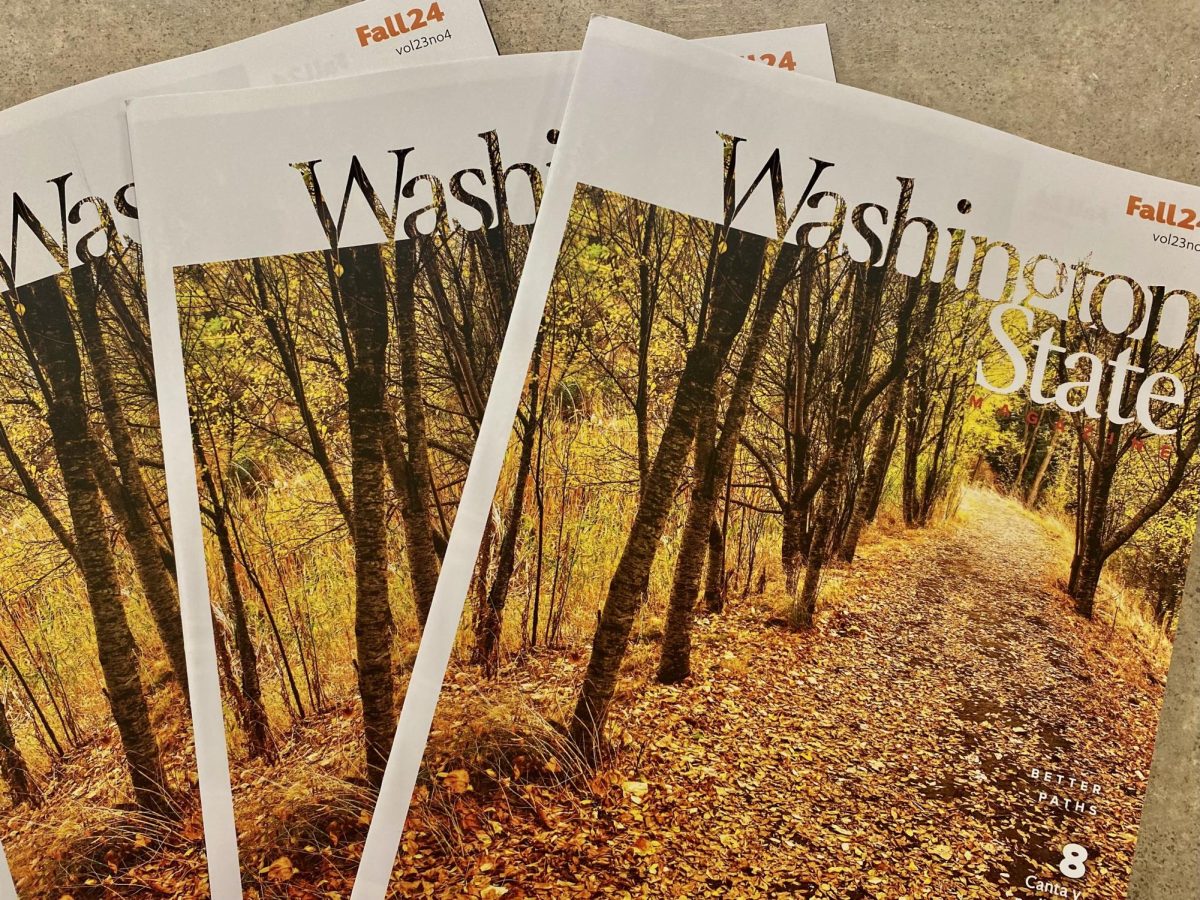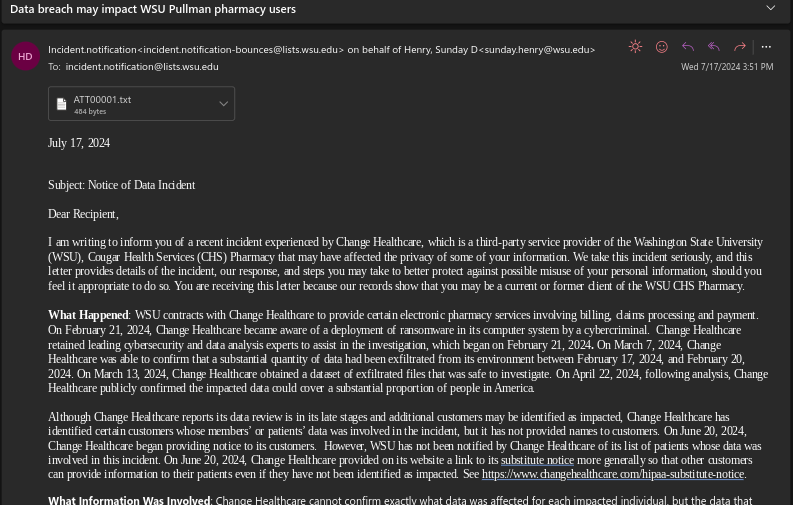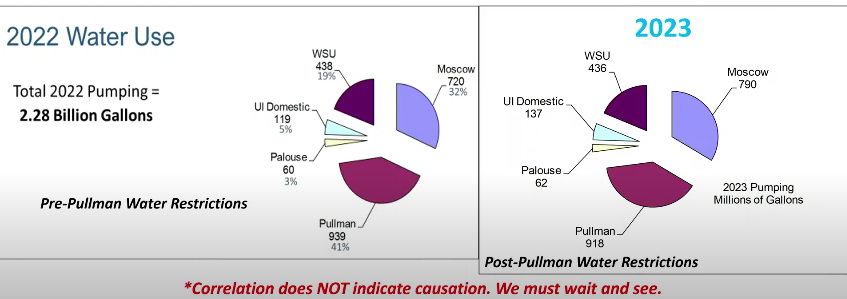Five WSU faculty have been selected as speakers for the Thomas S. Foley Institute Foley Fellows Program.
The speakers for this series include Trevor Bond, director of the David G. Pollart Center for Arts and Humanities, philosophy associate professor Michael Goldsby, philosophy professor Bill Kabasenche, Caroline Long, politics and policy associate professor and sociology professor Jennifer Sherman.
The Foley Institute has partnered with Humanities Washington to create the Speakers Bureau. The Speakers Bureau consists of a group of presenters speaking on a variety of topics across the state.
The Foley Speaker Fellows program is “dedicated to nurturing thoughtful and engaged communities across Washington state,” according to the Foley Institute website. The five WSU faculty chosen will be among around 30 speakers traveling the state to talk about a wide variety of humanities-related subjects.
The selected speakers serve out a two-year term, where they travel the state and speak at different venues, Foley Institute director Cornell W. Clayton said. The 2024–25 speaker cohort is the third cohort of Foley speakers to be added to the program.
The goal of this program is to achieve the Foley mission by finding WSU faculty that can address questions and issues regarding democratic governance and institutions, and public affairs and policies through a humanities perspective, Clayton said.
“Any faculty member can apply, we reach out to a lot of people who we think might speak to areas of interest. We try to find faculty members who are studying topics that bear on democracy, public policy, and humanities,” Clayton said. “We try to find faculty who are not only focused on that kind of research but can also communicate it well to broad public audiences.”
Clayton said the speakers in this Bureau will give talks at a wide variety of venues across Washington. Speakers in the past have talked at community colleges and universities, public libraries, various civic clubs and organizations, and even nursing homes.
“The way the Humanities Speakers Bureau program works is that any organization can apply to have one of the speakers come to address their group, and then the speakers get paid a small stipend, and their travel expenses are covered,” Clayton said.
This program and partnership is not only assisting the Foley Mission in providing education but is also a great opportunity for WSU faculty to reach a wide range of audiences and talk about their research across the state, he said.
Sherman said the opportunity is important in its outreach ability.
“I love that the program allows people like me who do really academic work to be able to translate that to a much more general public population,” Sherman said. “It’s been so important for me to find ways to talk to more general audiences, but also to expose them to what goes on at the university, and the ways in which our research can really impact their lives and communities.”
Sherman said the program is important to both showcasing what work is done at WSU and how it can be impactful to different communities, as well as allowing scholars to showcase their work across the state.


